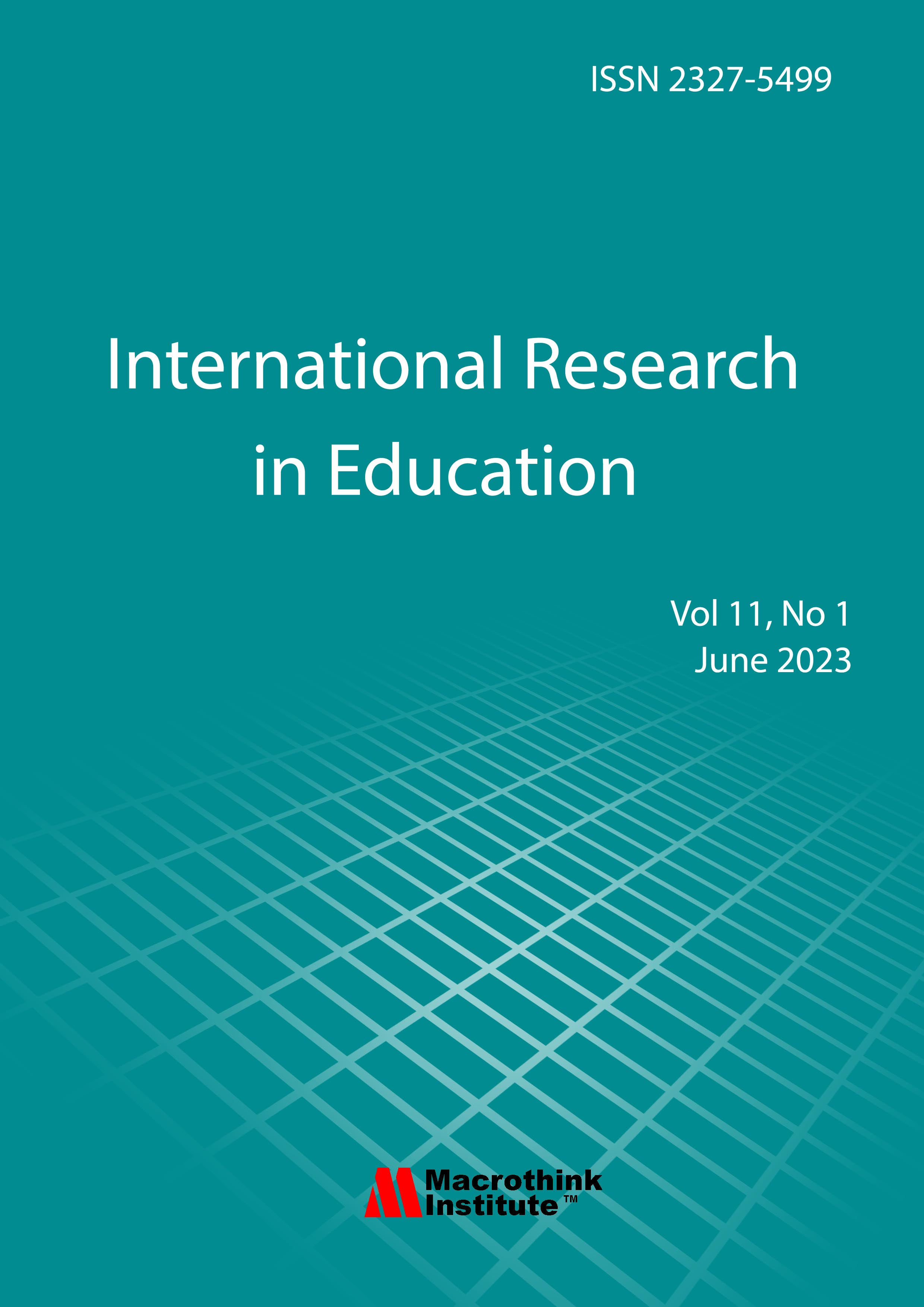Mathematical Anxiety and Its Relation to Engineering Student Achievement at Local University
DOI:
https://doi.org/10.5296/ire.v9i1.18302Keywords:
Mathematical anxiety, Achievement, Engineering, StudentsAbstract
Mathematical anxiety is a negative emotion experienced towards mathematics, which can influence a student's achievement in the subject. Therefore, the purpose of this study was to identify the relationship of mathematical anxiety with the achievement of engineering students at local universities. The design of the survey study used a quantitative approach and was conducted to obtain the necessary information. The Revised Mathematics Anxiety Rating Scale (RMARS) questionnaire containing 35 items and using a five-point Likert scale was distributed to a total of 293 respondents who were selected through simple random sampling. Data were analysed using descriptive analysis, and inference and regression. Statistical Package for Social Science (SPSS) software version 23.0 was used to analyse the study data and then answer the research questions. The findings of the study revealed that the level of mathematical anxiety among engineering students was at a high level. In addition, the study showed that there was no significant relationship between mathematical anxiety and achievement of engineering students in terms of RMARS (r = 0.051, p = 0.381), GM (r = 0.102, p = 0.982), CM (r = 0.074, p = 0.205), and SE (r = 0.187, p = 0.001). A proposed improvement which could be implemented in future studies would be to increase the size of the sample and universities involved to study aspects of mathematical anxiety among engineering students. It is hoped that this study will be able to provide information to universities so that moral support can be provided to engineering students who have a high level of mathematical anxiety. Furthermore, this study is also expected to be a guide for further research in an effort to identify the factors that motivate engineering students to overcome the problem of mathematical anxiety.




